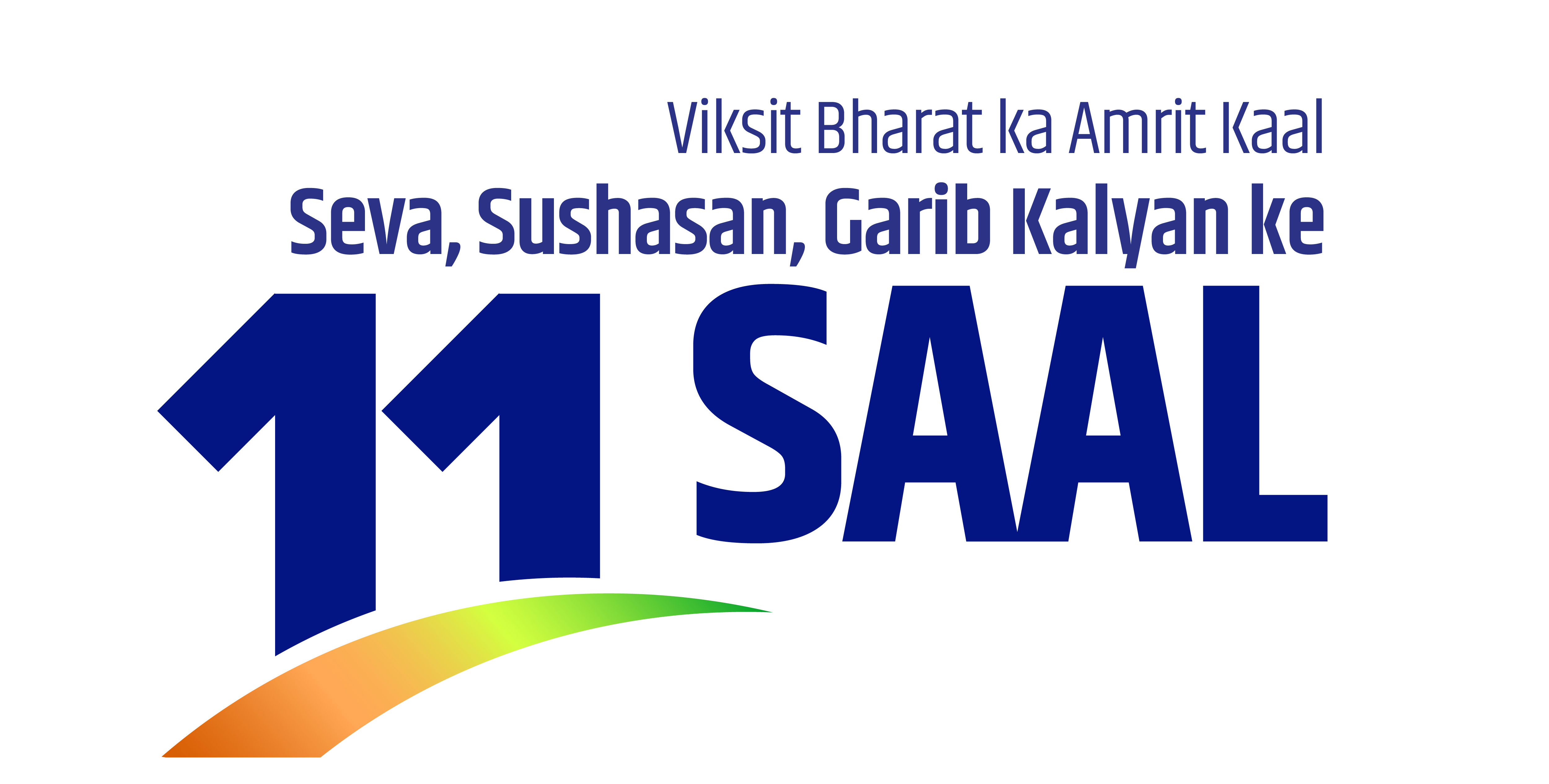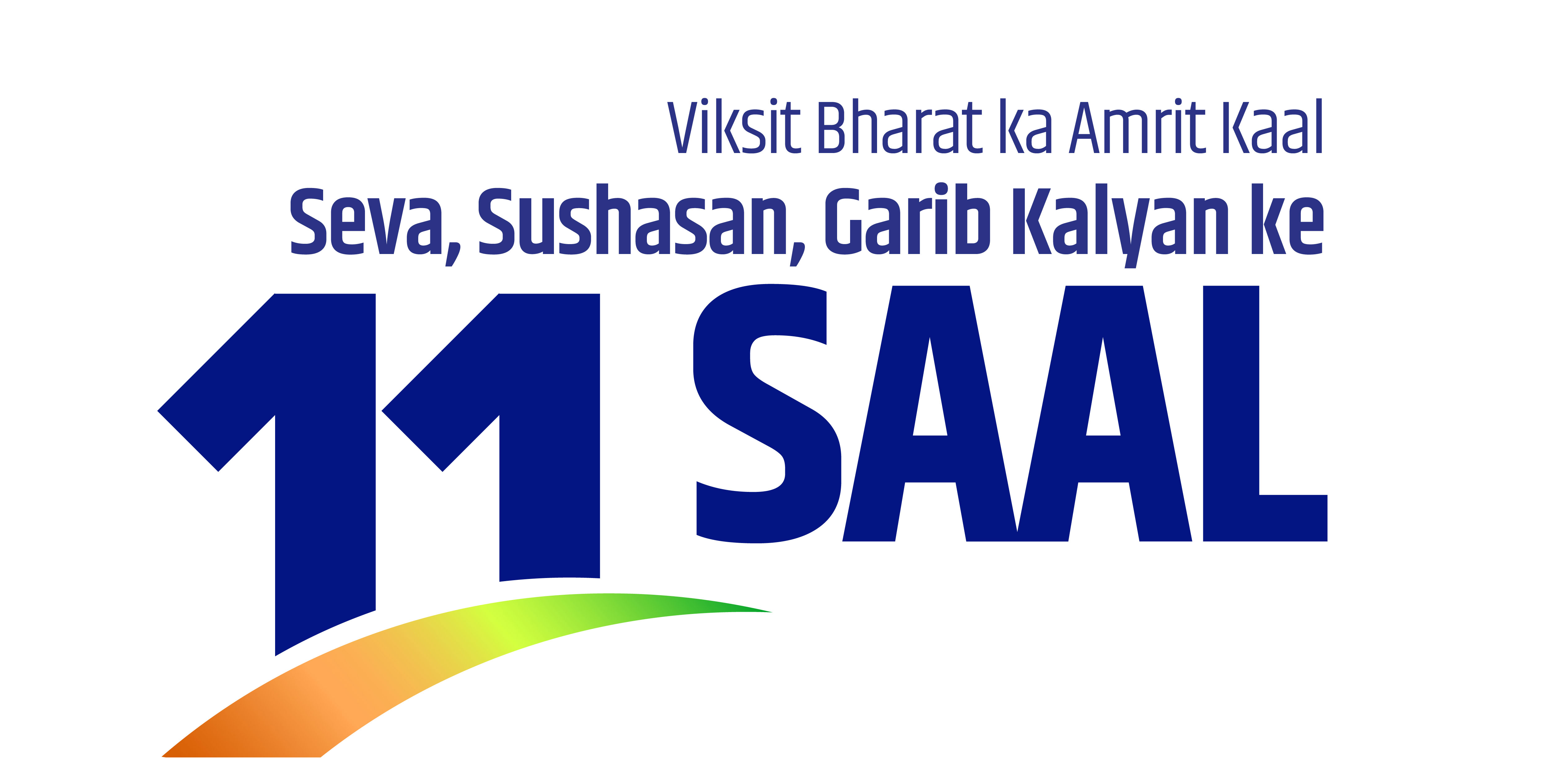

Achievements
- Serving The Poor, Honouring The Marginalised
- Empowering India's Amrit Peedhi
- Ensuring Farmer Welfare
- New momentum for Nari Shakti
- Advancing India's National Security and defence
- Infra at Speed and Scale
- India's Enduring Tech-Prowess
- India: A Global Economic Powerhouse
- Affordable, Accessible Healthcare For All
- Northeast India - A Growth Engine
- Ease of Doing Business
- Vishwamitra : A friend to the world
- Ease of Living For Middle Class
- Conserving Cultural Heritage
- Propelling LiFE Environment and Sustainability
Quality and Affordable Healthcare for All
2019-03-27 13:30:00
A healthy citizenry is the precursor for a healthy nation. For decades, crores of Indians were unable to access quality healthcare owing to lack of insurance cover and lack of affordability. With the NDA government led by PM Narendra Modi coming to power, that scenario has completely transformed.
Modi government’s vision towards ensuring quality healthcare for every Indian has been realized through Ayushman Bharat – Pradhan Mantri Jan Arogya Yojana (PM JAY). It is the world’s largest health insurance initiative and seeks to provide comprehensive health coverage up to Rs. 5 lakh per family per year to around 50 crore people. As of February 2019, the number of beneficiaries of the scheme stands around 12.27 lakh people across the country. More than 14,800 hospitals are empaneled to ensure comprehensive need-based healthcare delivery up to the last mile. The scheme is aimed at removing the uncertainty that sickness brings in the homes of poor. With healthcare insurance, the fear of losing one’s savings owing to any health emergency has been eliminated.
Reducing the cost burden associated with medicines, Modi government’s Pradhan Mantri Bhartiya Janaushadhi Pariyojana (PMBJP) ensures access to affordable medicines. More than 4,970 stores are functional across the country (as of February 2019). These Jan Aushadhi kendras are facilitating access to 800 medicines and 154 surgical and consumable items at affordable prices. The medicines at the Jan Aushadhi stores are 50-80% less than the market price.
AMRIT pharmacy is another such initiative to ensure availability of affordable medicines. These stores include drugs for cancer and cardiovascular diseases. It provides access to thousands of medicines, including lifesaving drugs at steep discounts. About 5,200 drugs and other consumables are being sold at upto 50% discount. More than 1 crore patients have benefited from 146 AMRIT pharmacies resulting in savings of more than Rs 500 crore as of November 2018.
One of the significant government initiatives to ensure affordable healthcare include reduction in prices of cardiac stents and knee implants. Coronary stents, which used to cost around Rs. 2 lakhs, are now available at less than Rs 30,000. The capping of prices has resulted in estimated savings of Rs. 4,547 crores for consumers. The knee implant prices are reduced by 60-70%. The various types of knee implants are now available in the price range of Rs. 54,720 to 1.13 lakh. The reduced knee implant prices have saved close to Rs. 1,500 crore annually for the people.
Nearly 35 lakh dialysis sessions have been facilitated as part of the Pradhan Mantri National Dialysis Programme (PMNDP) in 500 districts across the country. The program has benefited around 2.5 lakh patients. The PMNDP was rolled out in 2016, providing free dialysis care to the patients in district hospitals. The programme has been successfully working through 647 operational dialysis units/centers and 3,953 dialysis machines. The free dialysis service as part of the programme is a big relief to many people, especially because dialysis is an expense that recurs and saps out finances.
The government is not just focusing on disease cure but also its prevention. Tuberculosis (TB) is an infectious disease. The Sustainable Development Goals have set the target of ending the TB epidemic by 2030. Intensifying the efforts to eliminate TB in India ahead of global targets, treatment for drug-sensitive TB is being provided through 4 lakh DOT centres under the government of PM Narendra Modi. As TB affects the nutrition and income of the patient because of the restrained mobility, DBT of Rs. 500 monthly nutritional support has been provided for the duration of the treatment.
Action plans to eliminate Leprosy by 2018, Measles by 2020 and TB by 2025 are being implemented. India has validated elimination of maternal & neo-natal tetanus in May 2015, before the global target of December 2015..
Mental health, previously a much-ignored area, has also assumed importance under the NDA government led by PM Narendra Modi. Mental Healthcare Act, 2017 adopts a rights-based statutory framework for mental health in India and strengthens equality and equity in provision of mental healthcare services to protect the rights of people with mental health problems.
The access to quality healthcare for all is a prime focus for Modi government as seen from its initiative to not only provide healthcare insurance to the poorest of the poor but also bring down the heavy cost of medicines and medical items.
More Articles

Affordable, Accessible Healthcare For All
भारत के आयुष को वैश्विक आयाम
June 6 , 2025
भारत लंबे समय से समग्र चिकित्सा (होलिस्टिक हेल्थकेयर) का एक प्रमुख केंद्र रहा है, जहाँ आयुर्वेद और योग जैसे पारंपरिक चिकित्सा व्यवस्थाएं उसकी प्राचीन सभ्यता और गहरी ज्ञान-परंपरा में गहराई से जुड़े हुए हैं। फिर भी, दशकों तक इस अमूल्य ज्ञान को पहले की सरकारों द्वारा नजरअंदाज किया गया, और इसे मूल्यवान की बजाय पुराना और अप्रचलित मान लिया गया। लेकिन प्रधानमंत्री नरेंद्र मोदी के नेतृत्व में यह स्थिति पूरी तरह बदल गई। उन्होंने भारत की पारंपरिक चिकित्सा विरासत को गर्व और उद्देश्य के साथ पुनर्जीवित किया

Affordable, Accessible Healthcare For All
सस्ती दवाएं, समय पर इलाज: खत्म होता कैंसर का डर
June 6 , 2025
यह कहानी 2015 की है। मुंबई जैसे बड़े शहर में, जहाँ लोग अपने सपनों को पूरा करने आते हैं, वहाँ एक 15 साल का कमजोर सा लड़का लिफ्ट का बटन दबा रहा था। उस उम्र में उसे स्कूल जाना चाहिए था, दोस्तों के साथ खेलना चाहिए था। उसका नाम अक्षय था। विदर्भ के खुले मैदानों में खेलने की उसकी उम्र थी, लेकिन हालात ने उसे काम करने पर मजबूर कर दिया। उसके बड़े भाई को कैंसर हो गया था और परिवार के पास इलाज के पैसे नहीं थे। बीमारी का दर्द एक तरफ था, और पैसे की कमी की तकलीफ दूसरी तरफ। सोचिए, कोई अपने परिवार को बचाने के लि